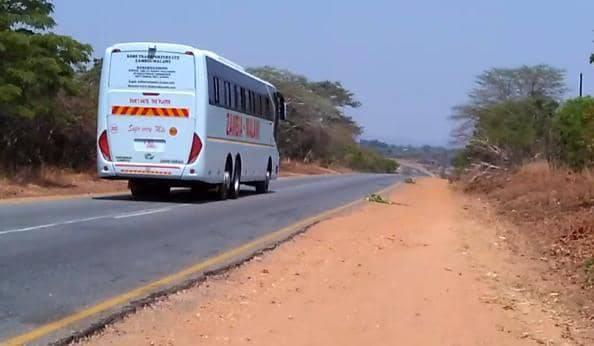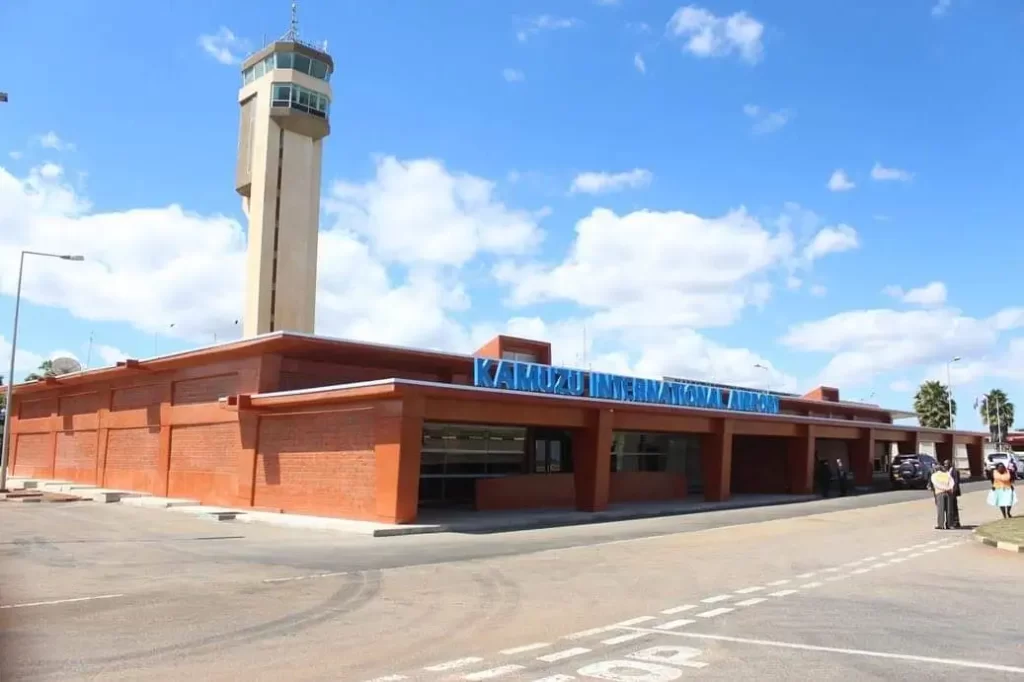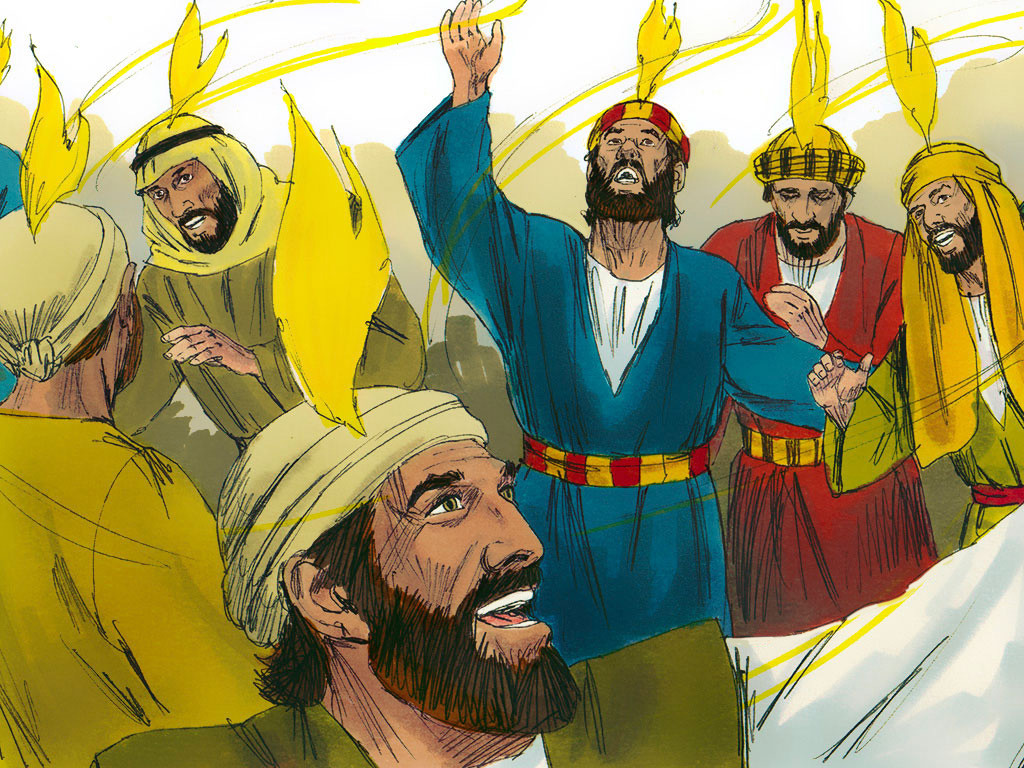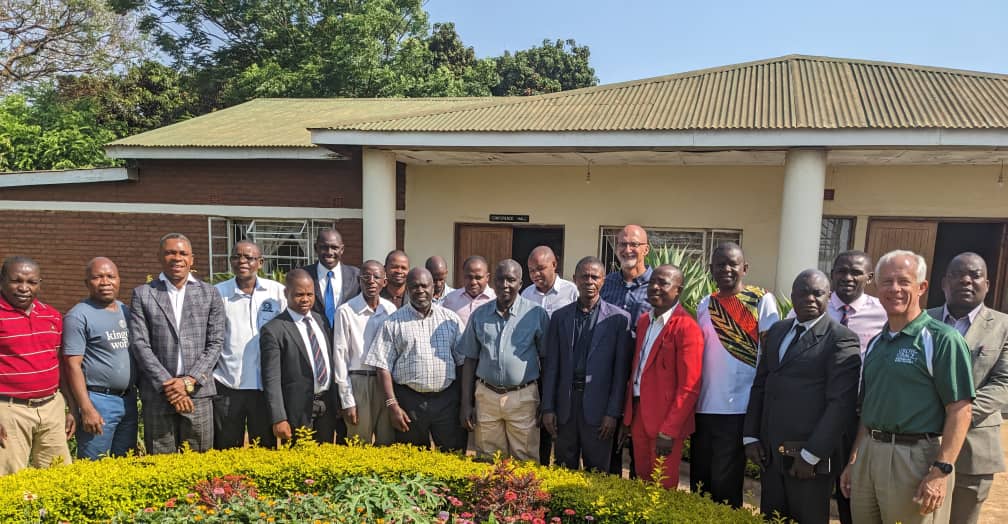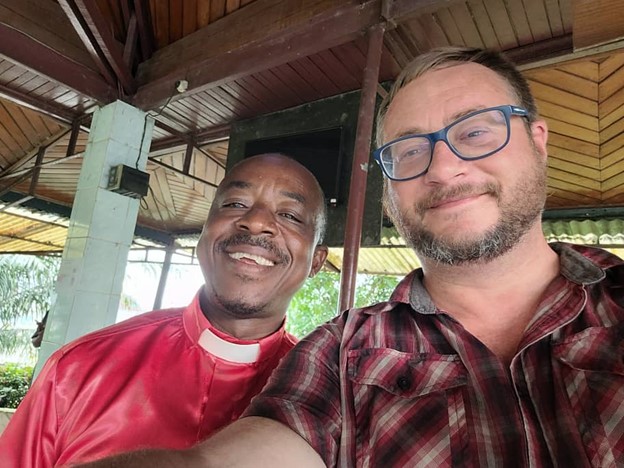Tiptoeing into the Congo
Tiptoeing: it’s something my cat Magic does when she wants to go outside. She tiptoes to the threshold, noses around, and then suddenly bounds through the doorway and dashes off on the hunt.
For the past year, the One Africa Team (OAT) has been “tiptoeing” around the Democratic Republic of The Congo (DRC). I was called to Africa to connect with French-speaking church groups. As soon as I arrived in Africa, I was given an interesting French-speaking contact: a Lutheran pastor in the Democratic Republic of the Congo. This pastor soon put me in touch with his church group’s secretary-general.
For a year, we texted and talked on WhatsApp and email and eventually held regular bible studies on Zoom, along with the pastors and evangelists. This year, they formed their own synod, la Mission Évangélique Luthérienne au Congo (“Evangelical Lutheran Mission to The Congo”—MELC).
A Country with a Painful Past
Although Zambian and WELS pastors have made occasional, brief visits to The Congo, this hasn’t happened since the 1990s, and it has never happened using French. As the MELC began the process of exploring the path to church fellowship with the WELS, we at OAT felt it was important to visit our friends. After getting approval for the trip and taking some special precautions, Missionaries Howard Mohlke and Keegan Dowling (me) flew to Lubumbashi, DRC, for face-to-face meetings with the leaders of MELC.
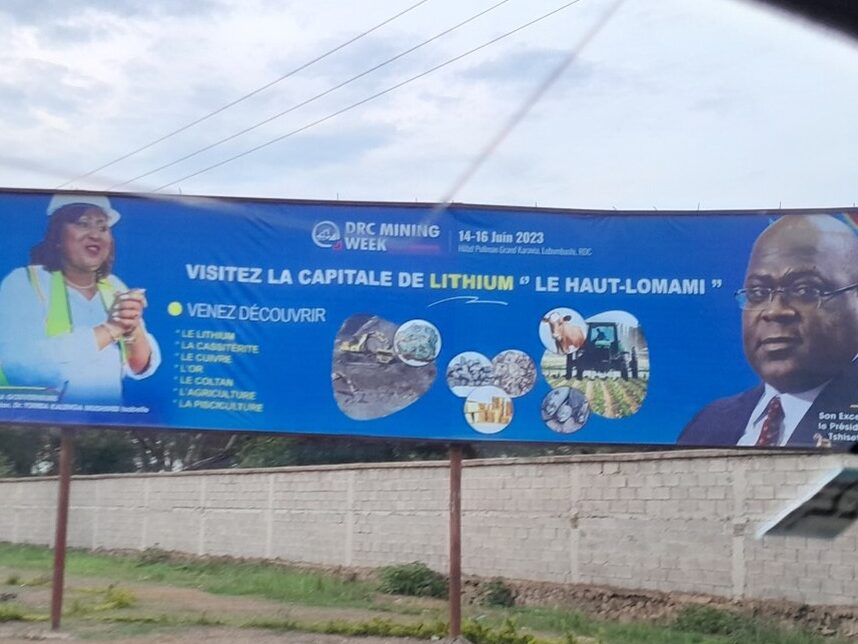
What do you know about The Congo? It suffered terribly for generations under the brutal, exploitative rule of Belgium’s King Leopold and then of Belgium itself. In the 1990s, it was flooded by refugees from the Rwanda genocide, which led to an international African war that killed millions in the DRC. Today, The Congo is famous for its rich deposits of “rare earth metals”—scarce elements essential for the manufacture of advanced electronics, such as phones, missiles, and computers. Warlords still exploit the mines for these—and other—precious minerals, causing much turmoil and pain. If you follow current events, you probably wonder why anyone would dare to go to The Congo.
Spoiler alert: it wasn’t dramatic for us at all. The DRC is a huge country (the world’s 11th-largest), and Lubumbashi turned out to be a sea of tranquility while we were there. We went because we have Lutheran friends there who want to walk together with the WELS. Face-to-face visits show honor and respect, which is why OAT missionaries live in Africa: so that we can regularly visit WELS’ many partners and prospects throughout the continent.
Evidence of God’s Kingdom at Work
In The Congo, we visited MELC worship services at a house church and a large meeting tent. The people of MELC use both French and Swahili, two languages that are mushrooming in their significance for OAT’s current outreach efforts. The pastors of MELC have a heart for sound doctrine and a heart for evangelism. At the end of the visit, OAT and MELC shared a traditional Congolese meal in celebration of our friendship. Our goal is to see each other—and as many people as possible—at the Lamb’s ultimate, eternal feast in heaven!
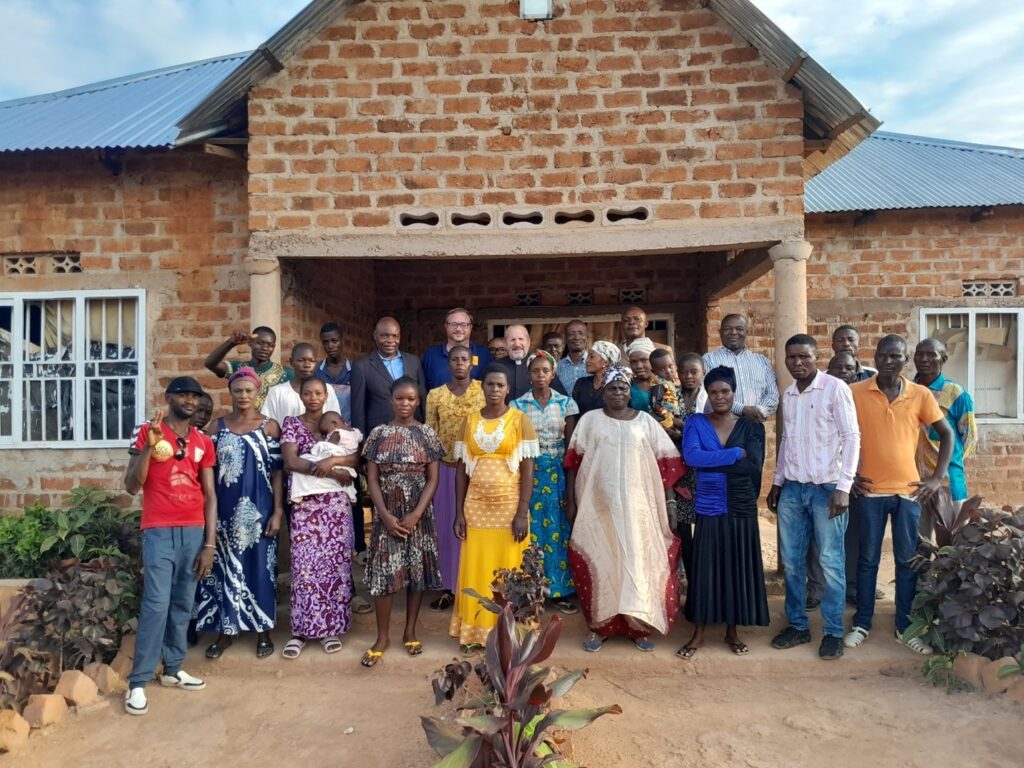
The Democratic Republic of The Congo: been there… done that… going back. God willing, OAT missionaries will return in 2024, after the DRC’s elections, to conduct a doctrinal workshop with MELC. Over the following months and years, we hope to grow in our understanding of God’s Word and each other. We are tiptoeing no longer, but taking the plunge. Diving into ministry in a land of people Jesus loves.
Missionary Keegan Dowling lives in Zambia.
Please pray for those working in fields that are ripe for harvest. Share their story, engage with future news, and receive updates. Learn more about our mission fields in Africa and how the Holy Spirit is working faith in people’s hearts at https://wels.net/serving-others/missions/africa
